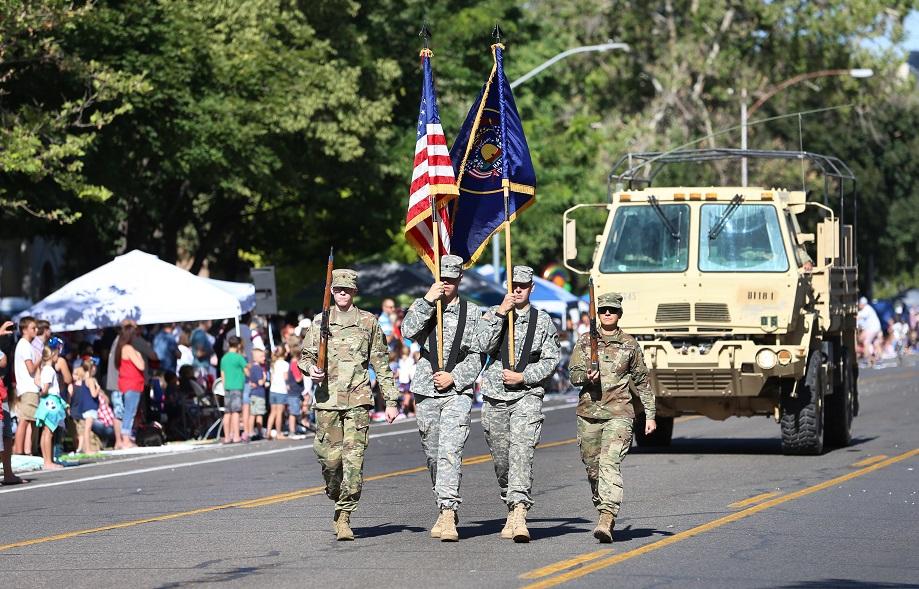A military-readiness group is urging the Supreme Court not to take up a petition from a men’s rights group that asks the court to strike down the law that authorizes military conscription solely for men as unconstitutional.
The case is National Coalition for Men v. Selective Service System, court file 20-928.





